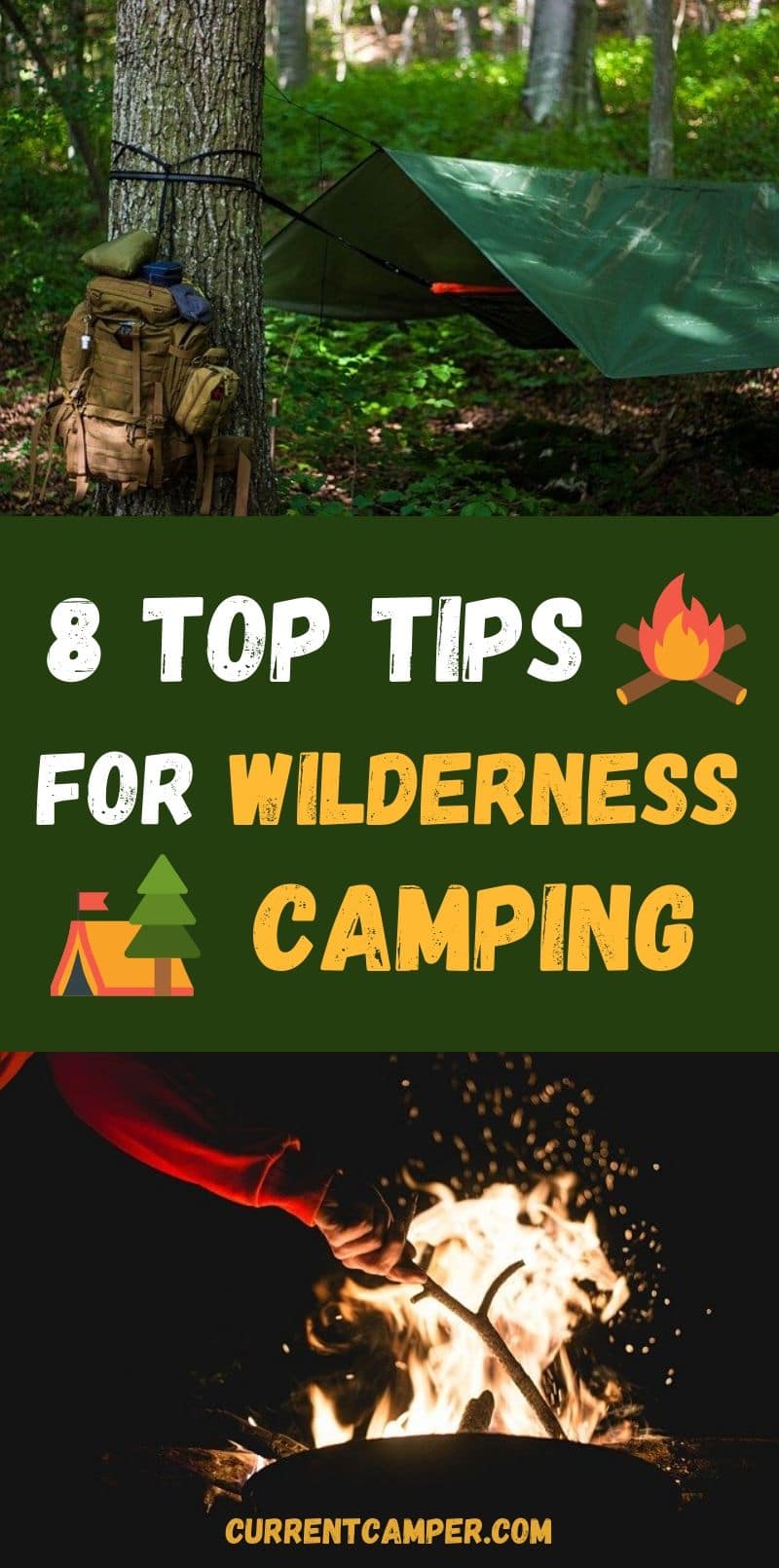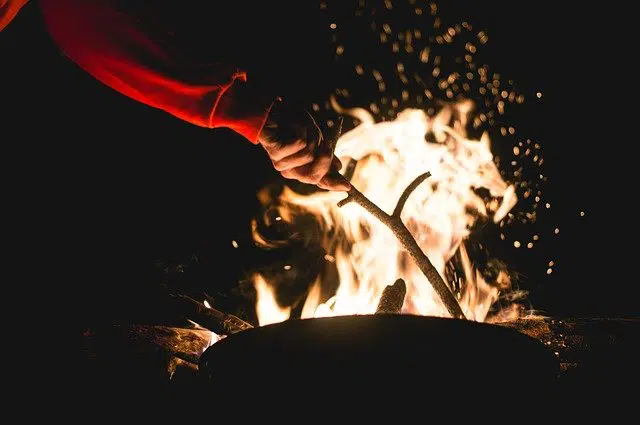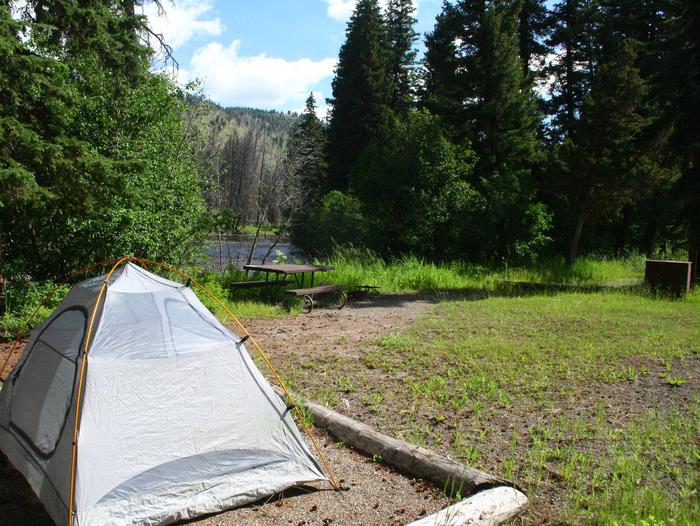
If your idea of a camping trip does not include any electronics, camping reservations or the potential of seeing other people, then wilderness camping may be the perfect style of camping for you.
Wilderness camping, also known as backcountry camping, primitive camping, dispersed camping, or boondocking, is any camping done outside an established campground.This style of camping is often more remote and lacks the luxuries of designated campgrounds such as running water, fire pits, bathrooms and showers. Wilderness camp spots are often free. Making them a great option for budget travelers and involve a level of simplicity you aren’t likely to find anywhere else.
8 Practical Tips for Wilderness Camping
Wilderness camping is all about self-reliance. While knowledge and skills are just as important as having the right gear. Here are a few tips to consider that will help you make sure you have everything you need for a safe and enjoyable time in the wild.
Where To Find Wilderness Camping
One of the best things about backcountry camping is exploring remote areas where very few people travel. You can find wilderness camping in the backcountry areas of national parks, in National Forest land, public lands and protected wilderness areas.
National parks require a permit and a small fee to camp in the backcountry, while some wilderness areas require you to camp at certain sites. In wilderness areas where you are not required to camp in a designated camp spot, look for a spot that has some evidence of human impact already. Choosing a spot where others have already camped before minimizes damage to the area.
Plan Ahead and Pack all the Essentials
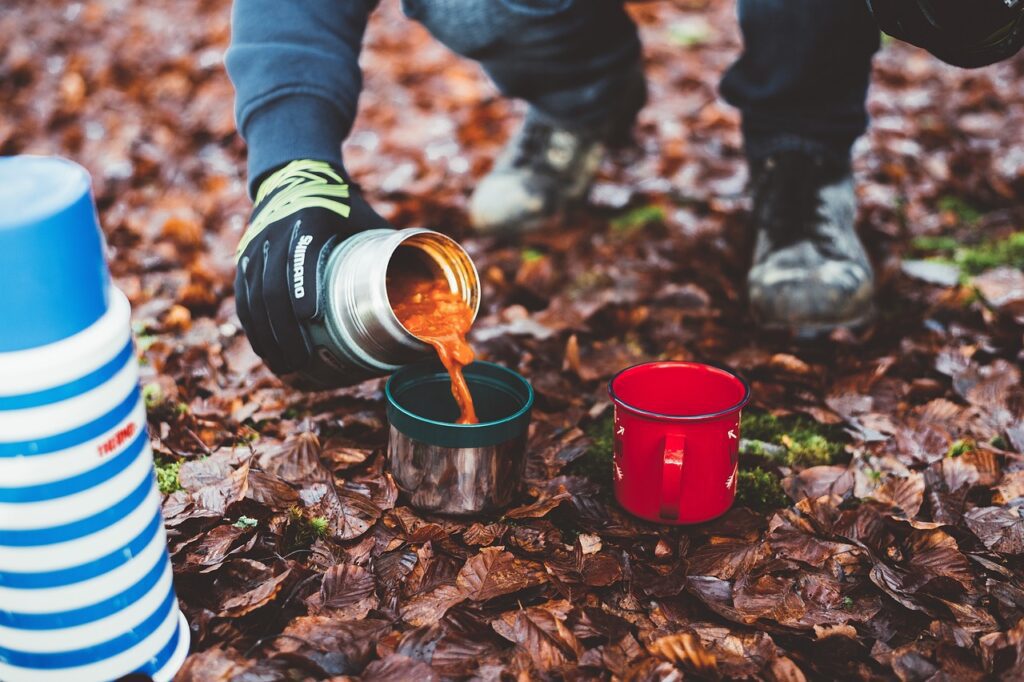
Wilderness camping requires more gear than camping in designated campgrounds. You’ll be responsible for your own tables, chairs, fire pan (if required), safety gear, water, and sometimes water purification. You’ll want to be extra sure you have all the gear you need since you’ll be further away from civilization and have to rely more on yourself for safety and comfort.
READ MORE: How To Find Free CampingMake a list of gear you’ll need to take with you and try to anticipate any potential problems you may have. Always share your itinerary with someone at home and check-in with your emergency contacts as soon as you’re out of the backcountry. If backcountry camping in a national park, it is always nice to let a ranger know you’ve made it out safely.
Leave No Trace
To preserve and protect the wilderness, it’s essential to practice Leave No Trace ethics when camping in the backcountry. There are seven principles that every backcountry traveler should embrace to protect these wild spaces. Leave No Trace is more of an awareness and attitude about the outdoors than a true set of rules to follow.
Leave No Trace ethics encourages backcountry visitors to respect the natural world and minimize their impact. This means knowing the rules and regulations of the area you’ll be visiting and being prepared for all weather and conditions. This also means packing out all garbage, dealing appropriately with human waste, minimize campfire impacts, respecting plants, wildlife, and cultural resources, such as archeological ruins and rock art, and being considerate of other visitors.
Leave No Trace has evolved during the coronavirus pandemic. This also means respecting any recreation area closures, avoiding crowded trails and outdoor areas, dial down the stoke so you don’t get injured and require any previous healthcare resources, and being especially kind to others and respecting social distancing.
Follow All Campfire Restrictions and Use Fire Rings
(PIXABAY)
Before you head out into the backcountry, always check if there are campfire restrictions. Fire bans are put in place when there is a high risk of wildfire. These restrictions may include not only campfires but charcoal grills and even gas stoves.
Where campfires are permitted, always use established fire rings or use a portable fire pan. Keep fires small and always put the fire out completely with water before bed. Even if campfires are allowed, think twice about starting a fire when conditions are extremely dry and windy.
Also, don’t bring firewood from home since it can introduce invasive pests and disease. Always buy wood locally or gather downed wood, if allowed.
Prepare For All Weather Conditions During Backcountry Camping
(PIXABAY)
Weather conditions can be unpredictable and change quickly, especially in the mountains and at higher altitudes. Always bring extra clothes for layering, a waterproof jacket and an emergency blanket. Know how to protect yourself from lightning strikes and be prepared for rain.
Depending on where you’re camping, you may be required to pack out all human waste. This is easier if you’re traveling by camper or RV, but it can be a challenge for tent campers.
Some areas allow you to bury waste in 6 to 8 inch deep catholes as long as you are 200 feet from water, campsites and trails. Always pack out all toilet paper, a dedicated zipper storage bag works well for this.
As for packing out waste, you’ll want a decent supply of wag bags. Wag bags are essentially human poop bags and they’re not as scary as they sound. Each bag is puncture-proof and contains a deodorizing agent that both solidifies waste and contains odor.
Each bag also contains a hand sanitizing wipe, toilet paper, and a zippered pouch to seal in all waste. They’re lightweight and easy to stash in your backpack and can be used more than once. They’re also designed to fit into a packable toilet if you’d prefer the look and feel of a regular toilet.
Bring More Water Than You Think You’ll Need
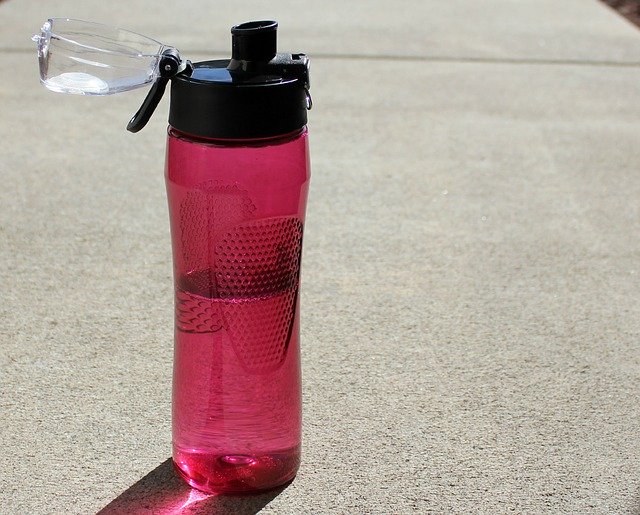
Everyone consumes water at a different rate, but a good estimate is two gallons per person per day. This includes water for drinking, cooking, cleaning and other water needs. Pack more for desert climates or if you plan on high levels of strenuous exercise.
It is better to have more water, than not enough. Having extra water is also important if you get stranded in poor weather or you happen to get lost. It’s also not a bad idea to carry a water filtration system just in case.
8. Give Other Wilderness Campers Their Space
Many people go wilderness camping some peace and quiet, which is getting harder and harder to find these days. To ensure that you and others have a peaceful wilderness experience avoid setting up camp within sight of other groups, keep group sizes small, refrain from playing loud music or building blazing campfires.
Pin it!
